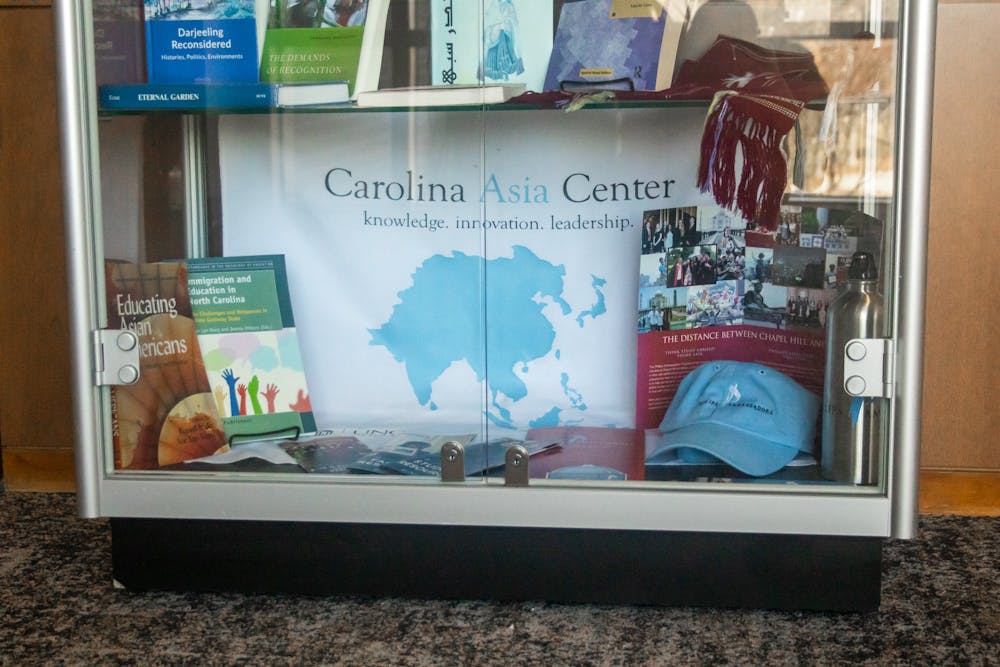Southeast Asia is home to over six hundred million people, over 1,000 languages and countries with some of the world's fastest-growing economies. But in the Southeastern part of the United States, there are not many collegiate resources dedicated to studying it.
This is something a new program at UNC seeks to change.
The initiative, called Bringing Southeast Asia Home, is part of the Carolina Asia Center and the result of a $900,000 award from the Henry Luce Foundation. Christian Lentz, associate professor of geography and the grant’s principal investigator, said the aim of the initiative is to bolster Southeast Asian studies at UNC.
“If you look at the landscape of Southeast Asian studies in the United States it’s concentrated in the west coast and then there is a number of institutions in the upper Midwest — Michigan, Wisconsin, Ohio — and then New York State, Connecticut, Northeast,” Lentz said. “And that’s kind of it. The American South doesn’t have much, that was one of our main arguments is look, we need these resources here.”
While there are multiple student groups dedicated to Southeast Asian studies at UNC, the same cannot be said for what is offered at an academic level. Becky Butler, BSEAH’s assistant director, said Southeast Asian studies have been overlooked compared to other regions such as East and South Asia.
“UNC-Chapel Hill is an R1 research institution, so it should be on the forefront of all domains of inquiry and this was something that was missing,” Butler said. “Our state is home to so many growing communities of Southeast Asians and Southeast Asian Americans that I think the University would be remiss not to consider those stakeholders in our programming and our research and all the things that we do.”
The initiative has begun to fill this gap by hosting seminars for researchers to share their work, growing UNC’s Vietnamese language course offerings and creating a workshop group for professional students researching Southeast Asia.
Leeann Ji is the facilitator of the workshop group and a graduate student in the Gillings School of Global Public Health.
Ji said when she first came to Gillings, she was concerned the school would not have enough resources for her research. She said while there is a lot of necessary research being done in the school, it mainly revolves around South America, Central America and Sub-Saharan Africa — which is nowhere near her focus of study, Southeast Asia.



